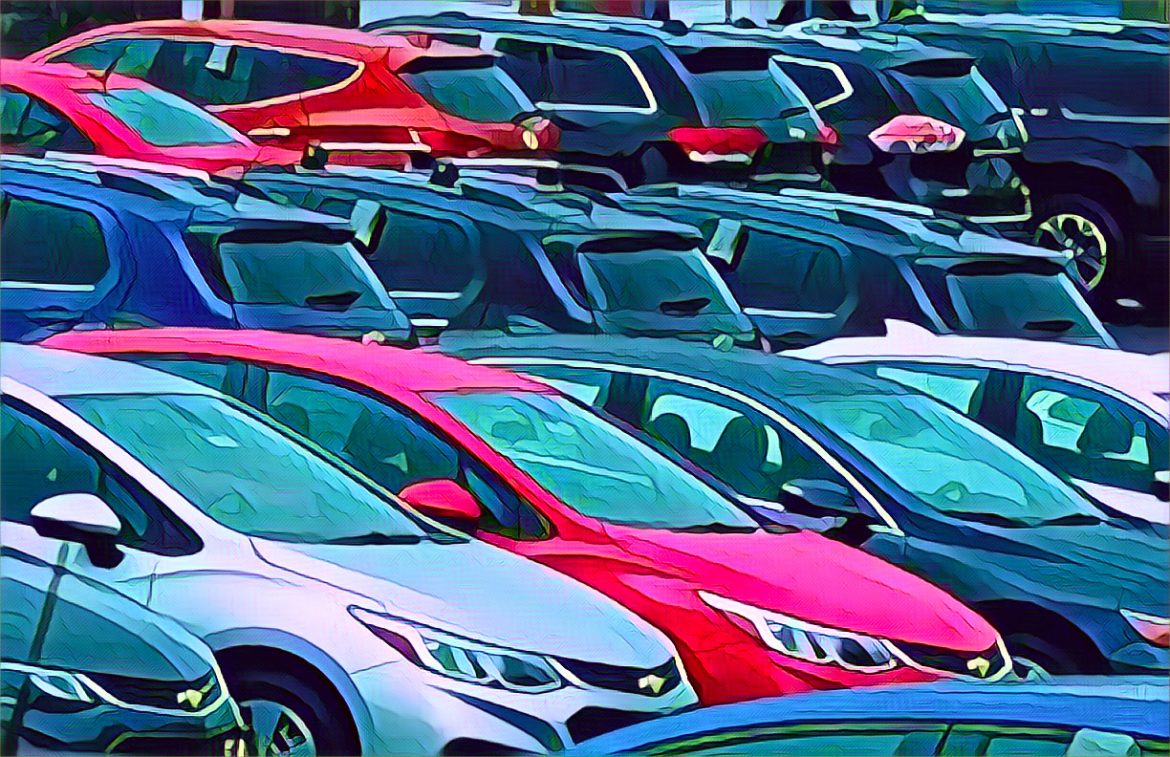The government recently enacted a ban on the importation of vehicles more than 10 years old. This policy, formalized through Statutory Instrument (SI) 54 of 2024, represents a significant shift in the nation’s approach to vehicle importation and usage. Aimed ostensibly at rejuvenating the country’s aging automotive fleet, the ban has triggered mixed reactions from various quarters, reflecting the complex interplay of economic, environmental, and social factors at play.
This latest development is not an abrupt policy shift but rather the culmination of discussions that have been ongoing for several years. Initially proposed in 2020 by Mthuli Ncube, the Minister of Finance and Economic Development, the policy was introduced amidst concerns over the environmental impact and safety standards of older vehicles flooding Zimbabwe’s roads. Ncube’s announcement during the 2021 budget presentation underscored a broader governmental intent to modernize the transport sector and reduce dependency on used imports, which are often seen as less environmentally friendly and more prone to mechanical failure.
Under the new regulations, any second-hand vehicle aged 10 years and above from the date of its manufacture is now barred from entry into Zimbabwe. Importers who flout this regulation will find themselves financially liable for the costs associated with re-exporting such vehicles. Previously, importers of older second-hand vehicles needed to secure a specific license from the Ministry of Industry and Commerce, a requirement that underscored the government’s cautious stance toward older vehicle imports even before the outright ban.
The ban has ignited a fiery debate among Zimbabweans. Critics argue that it disproportionately affects the average citizen, who relies on older, more affordable imported vehicles for their transportation needs. Zimbabwe’s reliance on cheap Japanese second-hand vehicles has been a testament to the economic realities facing many in the country, where locally assembled vehicles come with prohibitive price tags.
From an economic perspective, the ban raises several questions. Data from the Zimbabwe Revenue Authority (Zimra) highlighted that vehicle imports have been a significant source of revenue, with the country pocketing substantial amounts in 2022 from duties and taxes associated with vehicle importation. The ban could potentially shrink this revenue stream, albeit with the long-term goal of fostering a more sustainable and self-sufficient automotive industry in Zimbabwe.
On the environmental front, the policy aligns with global efforts to mitigate climate change impacts. Older vehicles, particularly those not conforming to modern emissions standards, contribute disproportionately to air pollution. The ban could thus be seen as a step towards cleaner air and a healthier environment for Zimbabweans, aligning the country with international environmental standards and commitments.
However, the social impact of the ban cannot be overlooked. For many Zimbabweans, the affordability of older imported vehicles has been a crucial factor enabling mobility and economic activity. The government’s spending on luxury vehicles for official use starkly contrasts with the restrictions placed on the average citizen’s ability to import affordable transportation, highlighting disparities in access to resources.


